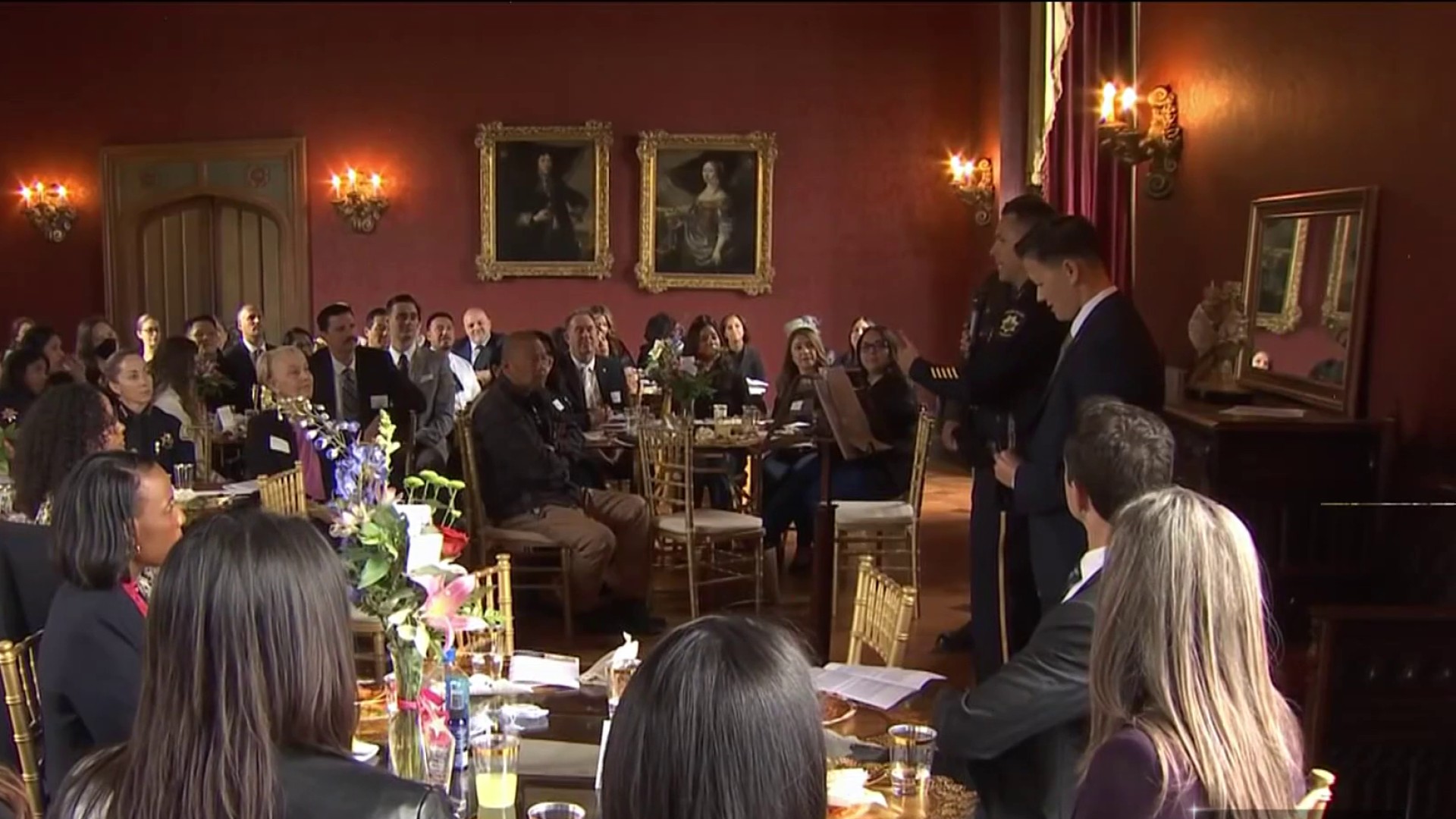In early March, a 22-year-old Stanford athlete took her own life inside a campus residence, and her parents, along with others whose children-athletes died by suicide are helping each other cope with such a devastating loss.
Katie Meyer was a star goalkeeper for the Stanford women’s soccer team. Her mother told the "Today" show if love could have saved her daughter, Katie would still be here because she loved her daughter more than life itself.
"It’s a powerful moment for all of us to be together," said Gina Meyer as she and her husband sat with other grieving parents on the set of "Today."
Katie's father says she was much more than a top-rated athlete.
Get a weekly recap of the latest San Francisco Bay Area housing news. Sign up for NBC Bay Area’s Housing Deconstructed newsletter.
"A lot of people know her as a soccer player, and she was so much more than that," Steve Meyer said. "She was a brilliant student, charismatic speaker; she had incredible opportunities coming her way in that realm away from soccer."
Another grieving parent on "Today" mentioned the pressure of being a student-athlete and striving to be perfect in the world of social media, which many who aren't student-athletes also can relate to.
Dr. Jacquelyn Flood, director of clinical psychology at behavioral health care company Elemy, knows some student-athletes compete at such a high level without much experience in dealing with failure, which makes it more difficult when they don’t succeed. Her advice to all parents is to establish a culture at a very young age in your family that it's OK to talk out loud about your thoughts and feelings.
Local
"I think a lot of times parents will ask a lot of closed-ended type questions, like: 'How was your day?' And the answer is 'Good.' Or 'What’s going on?' And the child says 'Nothing.' And they really don’t get anywhere," Flood says. "So for people who have all of those things going on internally, you have to focus more effort on really listening and making sure that the child feels like they have an opportunity to talk about those things."
Stanford said in a statement it has added to its clinical staff to reduce wait times as well as to its wellness coaching program. These are are in addition to a number of counseling services the university already offers.
"Like other colleges and universities across the country, Stanford has seen a sharp increase in demand for mental health counseling and other well-being resources over the last two years," the statement reads. "We have responded by expanding resources available to all students -- and specific student communities including varsity athletes, students across all gender and sexual identities, students in various ethnic, racial, and religious communities, and students of specific disciplines such as medicine and law."
If you or someone you know is in crisis, call or text 988 to reach the Suicide and Crisis Lifeline or chat live at 988lifeline.org. You can also visit SpeakingOfSuicide.com/resources for additional support.



